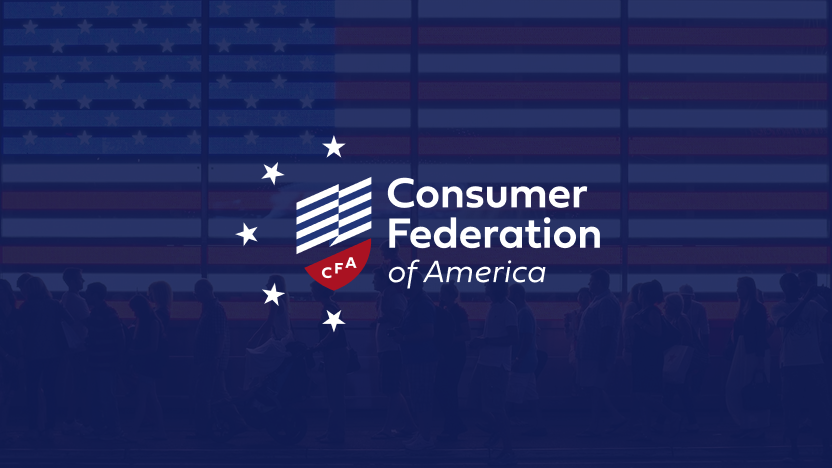Failure to Follow Rules on Canadian Beef and Testing Symptomatic Animals, Delay in Tightening FDA Feed Rules, Refusal to Engage Public Health Experts and Consumers in Open Meetings Undermine Both Public Health and Public Trust
"In a representative democracy, it is vital that citizens trust the competence and integrity of their government. The Bush Administration's handling of the threats to human and animal health raised by BSE-infected animals in Canada and the U.S. may severely undermine that trust.
"Throughout the last year government officials have assured us they have acted vigorously and effectively to curtail any risk that might arise from the presence of mad cow disease in North America. Secretary Ann Veneman promised that USDA would act 'from an abundance of caution.' Subsequent events, however, have shown that USDA and FDA have not put human health protection ahead of trade considerations and the economic interests of the powerful meat industry.
- " The U.S. reversed its previous position prohibiting imports of ruminants or ruminant products from countries with diagnosed cases of BSE. Acting contrary to its own rules and without public comment, USDA allowed millions of pounds of bone-in beef and processed beef products to enter the U.S. from Canada.
- " Despite pledges to test any bovine that showed signs of central nervous system disorder, an APHIS official in Texas ordered that such an animal be disposed of without testing. USDA now compounds this error by refusing to reveal on whose authority this action was taken. The public cannot, at this point, assume it was a unique event.
- " FDA in February pledged to issue new regulations tightening the ban on potentially infective material in animal feed. Five months after the BSE-infected cow was discovered in Washington state, the glaring weaknesses in U.S. feed production rules have not even begun to be remedied.
- " All decisions on federal action to curtail BSE infection have been made by a small group of economists, trade experts and animal health specialists from government and the regulated industry. USDA has systematically excluded public health experts who offer dissenting views and avoided any public dialogue with consumers.
- " Direct USDA to withdraw the proposed BSE minimal-risk region rule promulgated by the Animal and Plant Health Inspection Service (APHIS). We also request that you maintain the current ban on beef and cattle from Canada to ensure that American consumers are not exposed to BSE.
- " Direct the Department of Health and Human Services and USDA to commission a study by the Institute of Medicine of the National Academy of Sciences to fully assess the risks (including both the risks to human and animal health) of importing cattle and beef from Canada into the United States;
- " Direct USDA to Identify all Canadian-born cattle that have been imported into the United States - approximately 450,000 animals - and track those animals so they are tested for BSE before they enter the food supply;
- " Insist that Canada aggressively expand its BSE testing program to establish on a scientific basis the actual prevalence of BSE in the entire Canadian cattle herd; and
- " Direct the Secretary of Agriculture to convene and chair a series of public hearings around the United States to solicit the views of individual consumers and experts in public health on this topic.
"Finally, let me address one additional issue. The members of Consumer Federation of America firmly support free and open international trade. We believe American consumers benefit from free trade. We have actively supported trade-enhancing activities. I am a member of USDA's Agriculture Policy Advisory Committee for Trade. However, the economic benefits of free trade should not be used to undercut the public's ability to determine what is in their food and where it comes from nor allowed to trump protection of public health."

